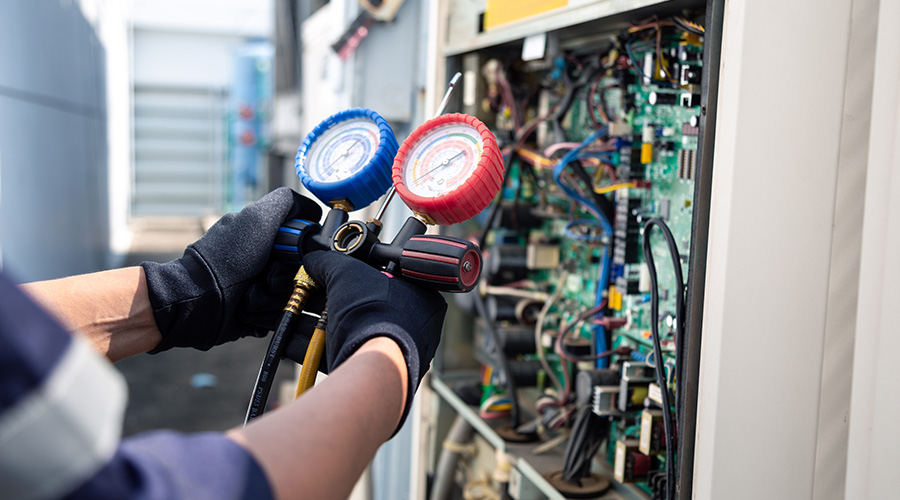HVAC Certification Leads to Informed Decisions
The most significant benefit of the certification process is managers can make more informed decisions regarding equipment options. They can examine cost differences between competing products and evaluate the products in terms of the performance — performance that has been certified under established testing and evaluating procedures.
This is particularly significant given the importance of minimizing energy costs over the life of a building HVAC system. Certification allows managers to apply life-cycle cost comparisons with confidence that the different products have been evaluated and rated using the same testing criteria.
Certification also helps ensure the systems and components managers specify for an application meet the current, mandated energy standards. Not only does this help make sure the facility is in compliance with local requirements, but it also helps the facility meet the requirements for utility-rebate programs.
Utility companies once again are offering rebates as a means of encouraging organizations to take steps to reduce their demand for energy. In most rebate programs, certified systems and components qualify for the rebate. In many cases, managers will have to submit the system or component AHRI reference number, for example, as part of the rebate application process.
Installing certified systems and components gives managers a better idea of the way those products will perform in a particular application. Manufacturer ratings might indicate capacity and energy use under very specific conditions that may or may not exist in real-world applications. Third-party certification gives managers a better feel for the way a product will perform.
In the long run, the higher performance and lower energy use that comes with using certified HVAC products will help improve the overall value of the facility.
Related Topics:
















